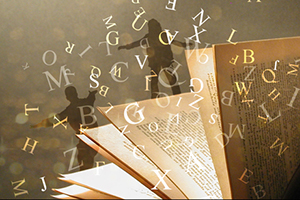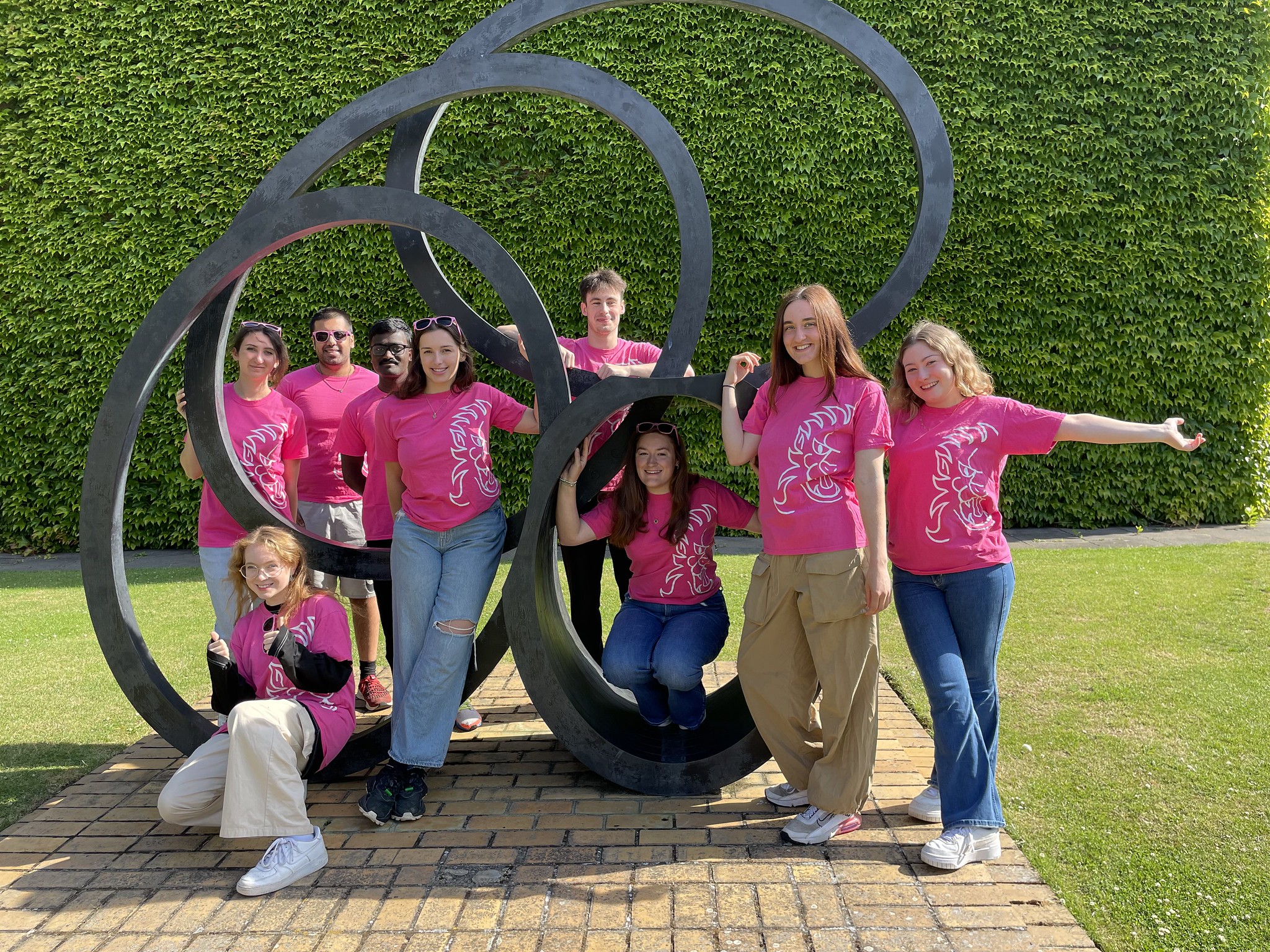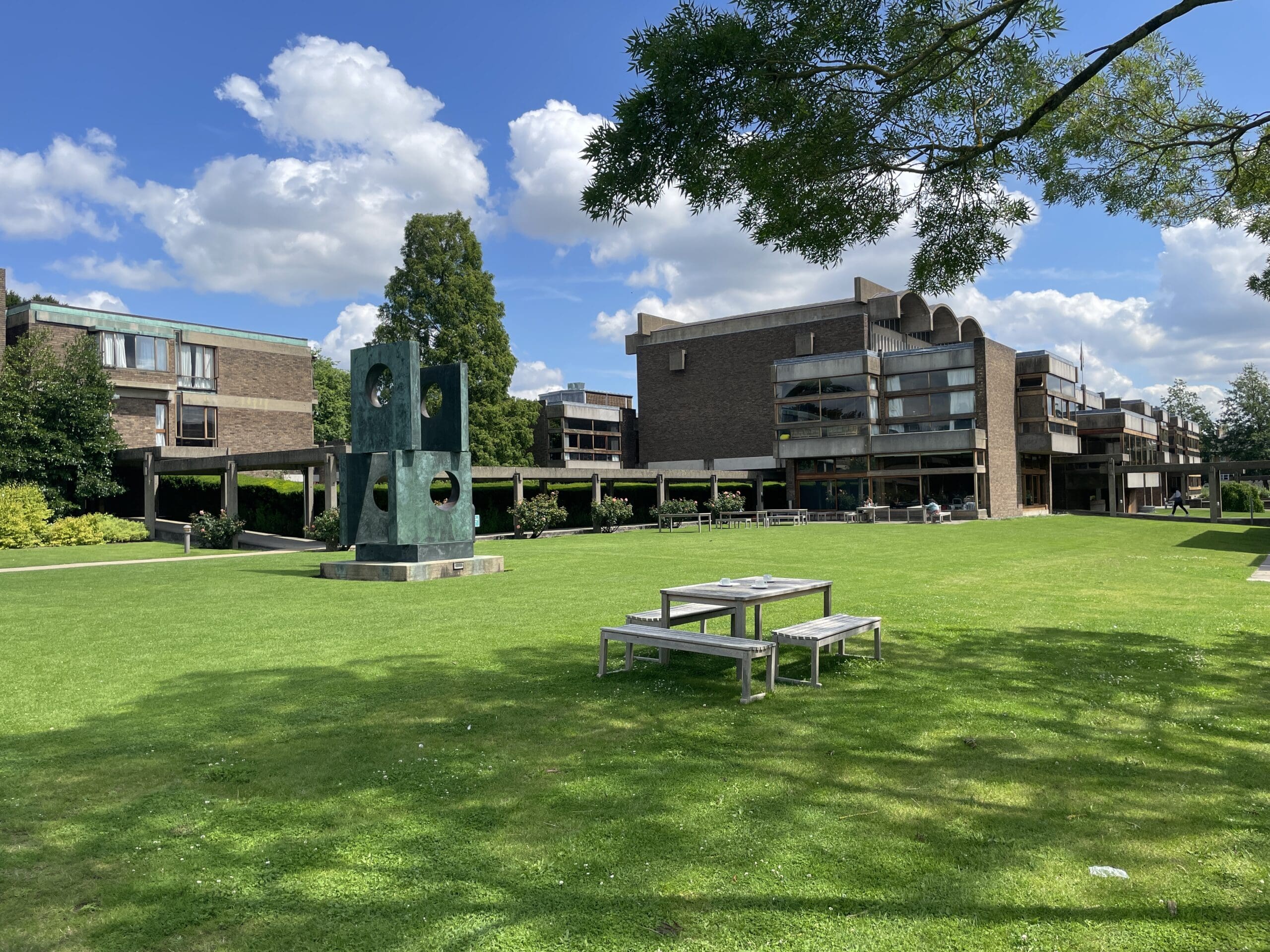
Education
A great advantage of studying at Churchill is that you would be in residence on our single College site for the whole of your three years with us. Churchill has all its sporting and accommodation facilities on a peaceful site in large grounds, a few minutes cycle ride from the city centre. Another advantage is that you would study with a wide mix of undergraduate and postgraduate students. The course examines the way in which education meets individual, social and economic needs. If you have a passion for understanding how our education arrangements came to be as they are and to speculate about where they are going, then you will have plenty of students (not all studying Education) with whom to discuss latest sound bites.
Entry Requirements
At Churchill, we want to admit undergraduates who will thrive during their time here, so – in their interests – we tend to set conditional offers in line with the typical attainment of Cambridge entrants, by course. On average, this allows us to make a relatively generous number of offers per place, but it also means that our requirements are usually a little more rigorous than the University’s minimum offer level.
You can learn more about how Churchill selects candidates, and our entry requirements and conditional offers by course, on our undergraduate applications page.
The University’s Entrance Requirements and International Entry Requirements pages may contain guidance relevant to you too.
Submitted work
If you apply to Churchill, we’ll ask you to submit two examples of teacher-marked written work. These should be taken from your present or most recent studies, and should not be re-written or corrected for your Cambridge application. Ideally, each piece should be 1500 to 2000 words in length, should be in essay format (not science coursework or a timed exam), and should demonstrate analytical, critical, and extended argument.
Admissions assessment
Churchill does not use a written assessment in Education.
Interview
The role of academic interviews in Churchill’s admissions process is explained on our interviews page. Our interviewers will be looking for evidence of enthusiasm for and a potential for aptitude in the subjects covered by the Education Tripos.
Director of Studies

Mr Tim Oates
Studying Education at Churchill College
Education is the study of human development and transformation in all its forms and contexts: from the individual mind to the social and political processes taking place within communities, institutions and global networks to the cultural encounters that shape ideas, beliefs and imaginations.
The Cambridge Education course allows you to explore the subject’s diverse themes across academic disciplines, as well as develop specialist knowledge in areas such as psychology, international development, or literature and theatre. Creativity, contemporary research and global dimensions are key to this critical understanding and the programme has a particular focus on nurturing independent, reflexive inquiry through the development of critical research skills.
The Faculty of Education has excellent resources and facilities within a purpose-built building, designed to support teaching, learning and research. There is a library that houses an extensive collection of material on education and related fields. Active research forms the foundation of our teaching so you’re taught by academics at the forefront of their fields, who specialise in cutting-edge research.
Full course details are provided on the Department’s Prospective Undergraduates webpage and the University’s Undergraduate Study webpage.
You may also be interested in:



